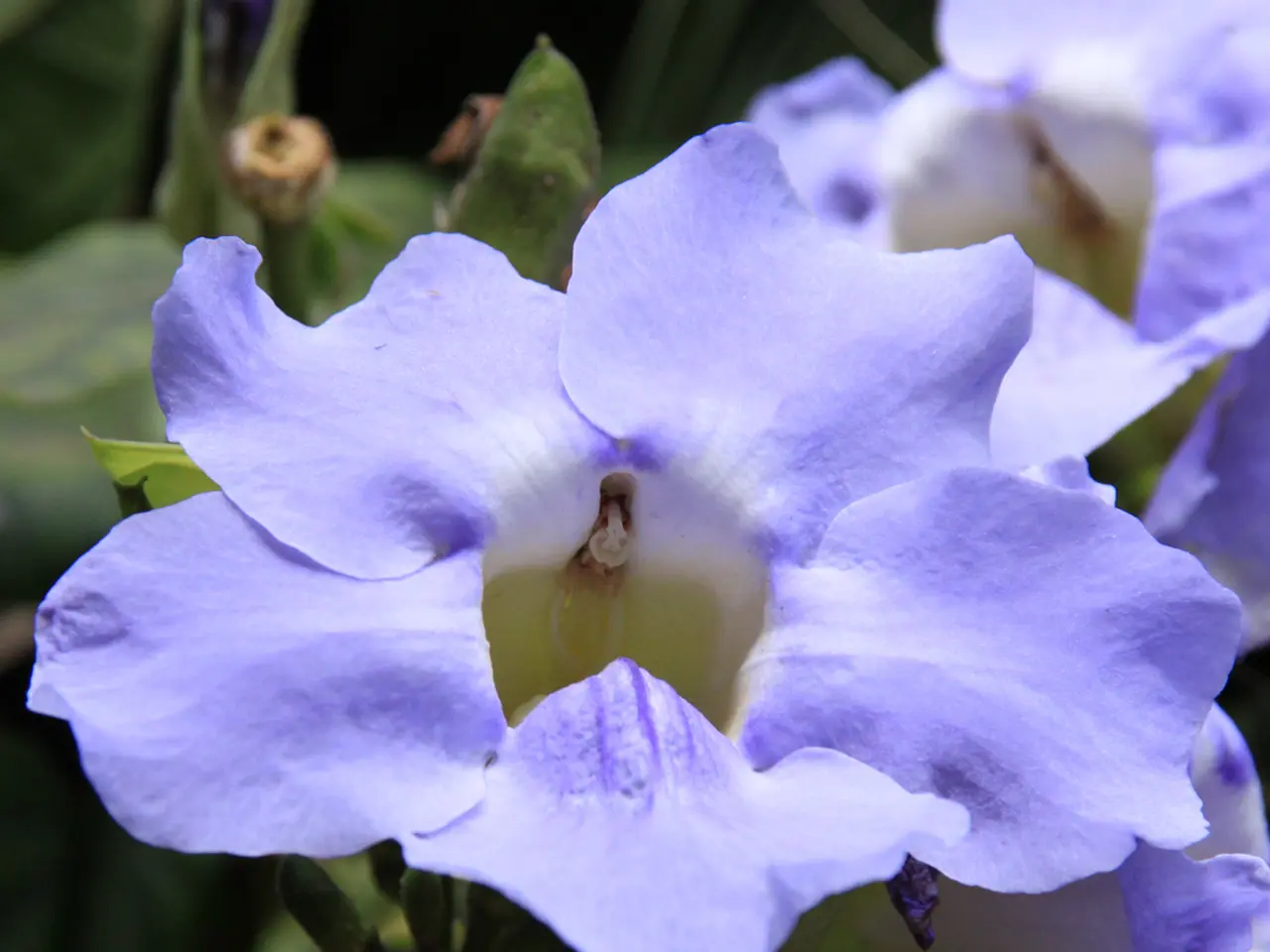Exploring the Role of THCA Flower in Contemporary Personal Care Practices
Self-care, the practice of taking care of one's body, mind, and emotions, can involve a variety of habits that support health, mood, and energy. One unexpected addition to this self-care toolbox is THCA flower, a non-psychoactive compound derived from the cannabis plant.
THCA flower fits into self-care routines primarily as a wellness option that can be integrated throughout the day, supporting mood and relaxation without intoxication. It is used in various forms such as raw consumption (juiced or in smoothies), topical applications (tinctures, balms, bath salts), and low-heat extracts, allowing users to maintain cognitive clarity while potentially benefiting from its therapeutic properties.
Regarding its potential benefits for mood, THCA is thought to have anti-inflammatory and neuroprotective effects that may contribute to enhanced well-being. While THCA itself does not produce a high unless heated (which converts it into THC), it may indirectly support mood by reducing inflammation and protecting brain cells — factors involved in overall emotional and cognitive health. Early animal studies and anecdotal reports suggest THCA might aid conditions linked to mood disorders, such as PTSD and chronic pain, by promoting calmness and relaxation without intoxication.
THCA flower offers an alternative to THC flower, which is known for its psychoactive effects, including euphoria and relaxation, which directly uplift mood but come with a risk of anxiety or paranoia at higher doses. THCA flower provides potential mood-supportive effects without the psychoactive component, fitting well in self-care routines focused on sustained wellness rather than acute intoxication.
Common self-care uses of THCA flower include adding raw THCA flower to smoothies or juices for all-day wellness benefits without impairment, using THCA-infused bath salts or topicals to relieve muscle tension, supporting physical relaxation, and incorporating THCA products into mindfulness or aromatherapy practices to enhance calmness and focus.
It's important to note that THCA flower should be checked for legality, started with small amounts, bought from trusted sources, not mixed with other substances, and avoided by pregnant or breastfeeding women unless approved by a healthcare provider. THCA flower is not a medicine or a cure, but some people claim it helps them feel more centered, calm, or focused.
In conclusion, THCA flower’s appeal in self-care centers on its flexibility, non-intoxicating nature, and potential holistic benefits for mood and inflammation, making it a useful option for those seeking mood support as part of a balanced wellness regimen. However, it's crucial to approach any new self-care practice with caution and to consult a doctor before trying new herbs or plants, especially if one is taking medication or has health conditions. Self-care is changing to include natural tools like THCA flower, but it's not just about products or quick fixes. It's about finding what works best for you on your journey to wellness.
[1] Leafly. (2021). THCA: What is it and what are the benefits? Retrieved from https://www.leafly.com/news/strains-products/thca-what-is-it-and-what-are-the-benefits
[3] Healthline. (2021). What is THCA? Retrieved from https://www.healthline.com/health/thca
THCA flower, due to its non-intoxicating nature and potential benefits for mood and inflammation, can be integrated into a self-care routine focused on health, mental health, and lifestyle, offering an alternative to THC flower for mood support. Users can incorporate THCA flower into various forms such as smoothies, topical applications, and low-heat extracts, promoting wellness without cognitive impairment or the risk of anxiety or paranoia.




